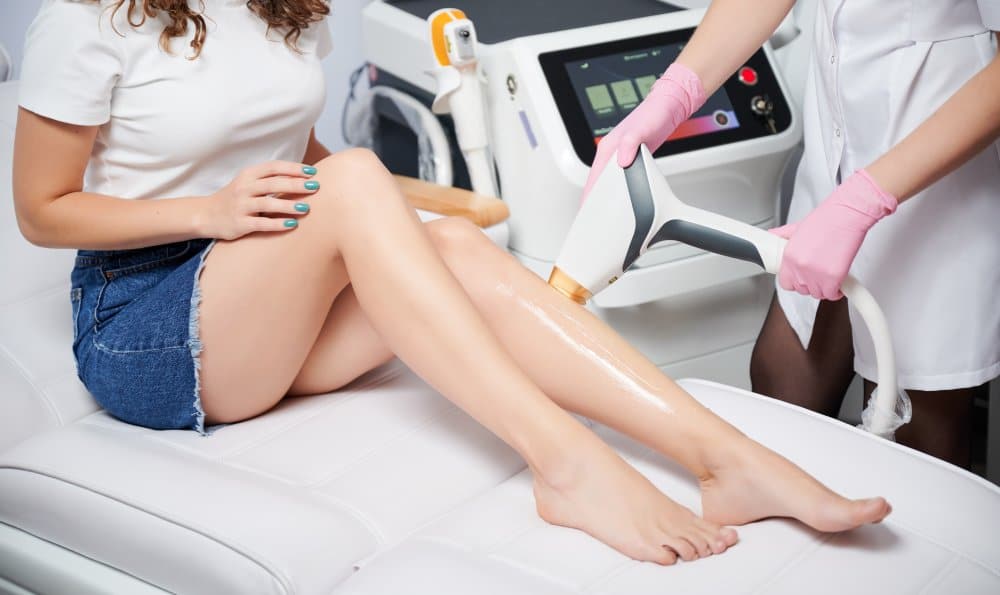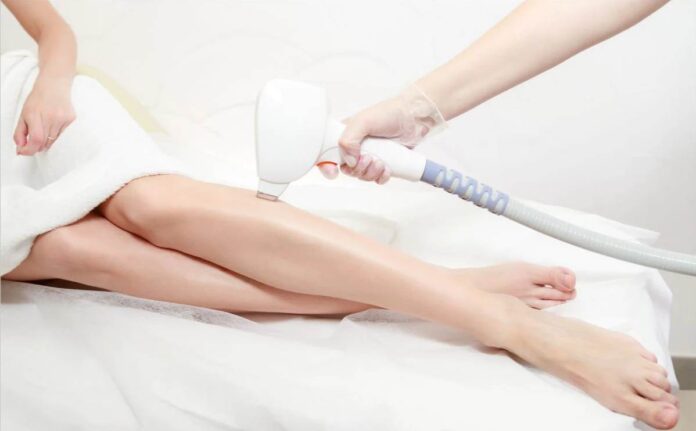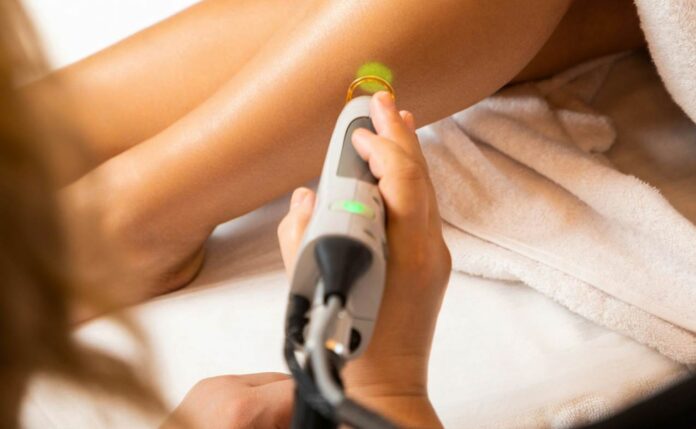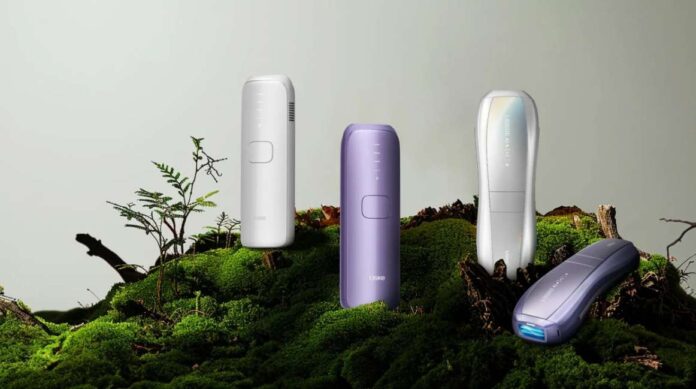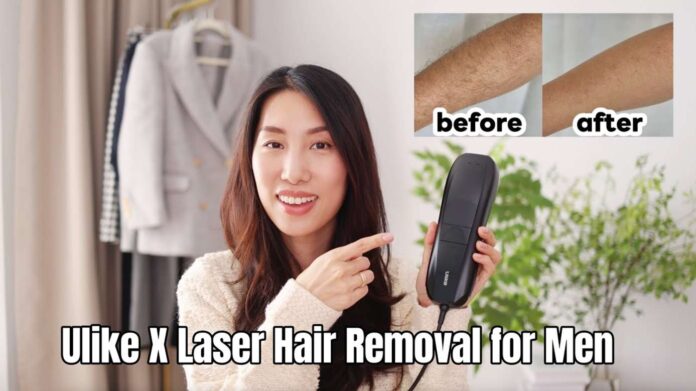For years, laser hair removal has been a popular method for achieving long-lasting smooth skin. The results are quite amazing, right? But with all the good results come some side effects. These include redness, inflammation, or skin sensitivity.
One of the most troublesome side effects is perifollicular edema. This is an inflammatory reaction in which several raised bumps are formed in a particular area. Understanding these side effects can help identify the problem and resolve it in a timely manner.
This article will discuss perifollicular edema, its duration, and some treatment methods. Let’s get started!
Table of Contents:
- Part 1: What is Perifollicular Edema?
- Part 2: Why Do I Get Perrifollucular Edema After Laser Hair Removal?
- Part 3: How Long Does Perifollicular Edema Last?
- Part 4: How to Get Rid of Perifollicular Edema After Laser Hair Removal?
-
Part 5: Try Laser Hair Removal Alternative
Part 1: What is Perifollicular Edema?
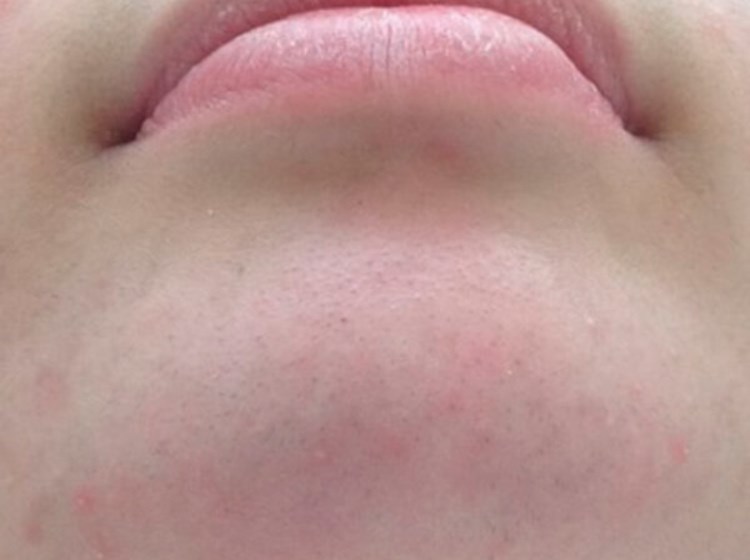 Perifollicular edema is one of the side effects of laser hair removal in which tiny bumps are formed on the skin. These raised bumps are in group form, making the skin appear similar to a rash or allergic reaction.
Perifollicular edema is one of the side effects of laser hair removal in which tiny bumps are formed on the skin. These raised bumps are in group form, making the skin appear similar to a rash or allergic reaction.
Clinically, it is an inflammatory reaction around the hair follicles that occurs after laser hair removal. This is your body’s reaction to the heat applied during the hair removal. The body perceives this heat as trauma and sends immune cells to the affected site.
As the inflammatory cells gather around the hair follicles, the area swells up leading to perifollicular edema.
Part 2: Why Do I Get Perrifollucular Edema After Laser Hair Removal?
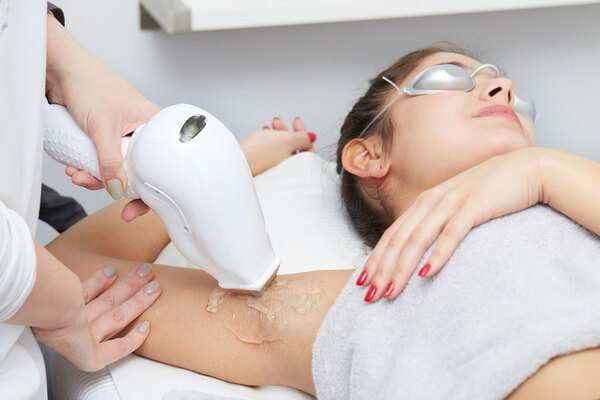 During laser hair removal, the light is absorbed by the melanin pigments of the hair and skin. This energy transforms into heat on reaching the depth where hair follicles are located. The heat concentrated in the region burns the hair follicles thus retarding the hair growth temporarily.
During laser hair removal, the light is absorbed by the melanin pigments of the hair and skin. This energy transforms into heat on reaching the depth where hair follicles are located. The heat concentrated in the region burns the hair follicles thus retarding the hair growth temporarily.
The body perceives this heat as burns and starts a healing reaction. It sends inflammatory cells including the white blood cells to that area which causes swelling. Since the issue is associated with laser hair removal, these are also known as post-laser bumps.
It does not occur in everyone but why you? The development of perifollicular edema depends upon skin sensitivity. People with sensitive skin types show a higher response to the heat which triggers inflammation.
In addition, improper aftercare of laser can also be a contributing factor to perifollicular edema. Here are some things that can cause skin irritation after laser and cause inflammation:
- If you are sweating excessively after laser hair removal, this can irritate the follicles and trigger an inflammatory response
- Tight clothes also rub against the skin causing irritation and the formation of bumps on the treated area
- Your skin becomes a little sensitive and dry after laser hair removal. If you do not apply any moisturizer regularly, the sensitivity will increase
- Using any harsh products on the skin immediately after laser hair removal can also trigger the body to initiate an inflammatory reaction
Part 3: How Long Does Perifollicular Edema Last?
Perifollicular edema is a temporary side effect and lasts for only a few hours (up to 24 hours) after laser in most cases. In some rare cases, it can last for days. This duration depends upon the:
- Skin Type: Your skin type also determines the duration of perifollicular edema. Those with sensitive skin might have more pronounced and longer-lasting responses as compared to others
- Individual Healing Response: perifollicular edema may last longer for those with delayed healing response
- Area Treated: Some areas of the body are more sensitive than the other. For instance, your face is a more sensitive area with thinner skin than other body parts. This makes it more prone to perifollicular edema which may take more time to subside
- Aftercare: If you are giving your body a proper aftercare of laser hair removal, the chances of perifollicular edema to occur will be much less. Even if it occurs, it will subside quickly
Part 4: How to Get Rid of Perifollicular Edema After Laser Hair Removal?
Did you get perifollicular edema after your laser sessions and do not know how to treat these weird bumps? Here is what you can do to subside the swelling!
Apply Cold Compressions
 Applying cold compressions to the swollen area helps subside the swelling and gives you relief from continuous irritation. It also soothes the skin. You can use ice packs for this purpose but never use ice directly on the skin as it can cause damage. Rather wrap it in a cloth and then apply to the affected area for a few minutes.
Applying cold compressions to the swollen area helps subside the swelling and gives you relief from continuous irritation. It also soothes the skin. You can use ice packs for this purpose but never use ice directly on the skin as it can cause damage. Rather wrap it in a cloth and then apply to the affected area for a few minutes.
Topical Hydrocortisone
Topical hydrocortisone creams can also relieve itching and inflammation. These creams are over-the-counter products that do not require a prescription. Just go to the pharmacy and grab a reliable product. You can apply it twice or thrice daily without worrying about any side effects.
Try Aloe Vera Gel
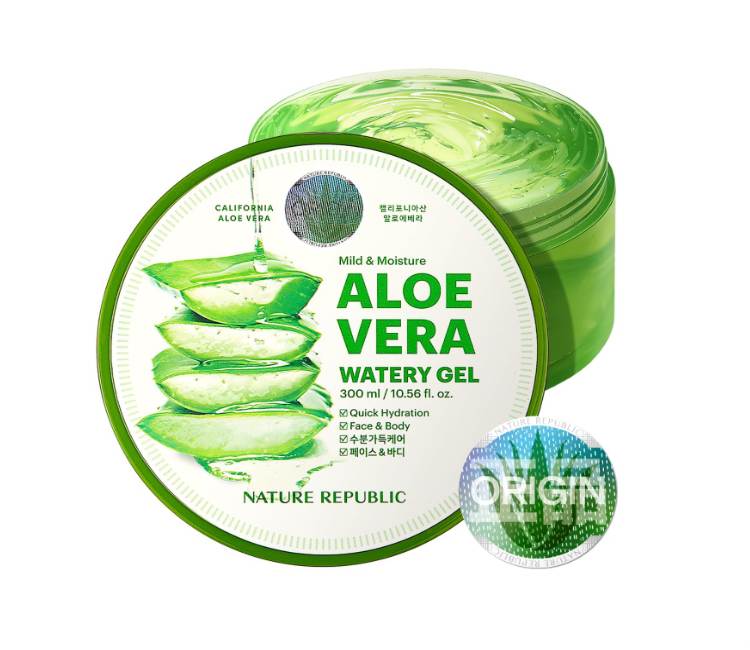 Aloe vera gel has anti-inflammatory properties so applying it on the affected area can help soothe the inflammation. It also speeds up the healing process thus making it quicker for the bumps to subside. Additionally, aloe vera has antiseptic and anti-viral properties. Therefore applying it can also help in preventing microbial invasion on the affected site.
Aloe vera gel has anti-inflammatory properties so applying it on the affected area can help soothe the inflammation. It also speeds up the healing process thus making it quicker for the bumps to subside. Additionally, aloe vera has antiseptic and anti-viral properties. Therefore applying it can also help in preventing microbial invasion on the affected site.
Sun Protection
Laser hair removal makes your skin sensitive. Exposure to the sun after the treatment increases the chances of skin damage. This also delays the healing process and causes itching on the skin. Therefore, you must protect your skin especially the area with perifollicular edema from the sun for at least 2 weeks after laser.
Wear sunscreen, full clothes, and hats to ensure that your skin remains safe from direct sun exposure.
Avoid Exposure to Heat
Similar to how your skin becomes more sensitive and itchy after sun exposure, heat can also damage the skin. Therefore, you must not take hot water showers or go to saunas after laser hair removal. It will only exacerbate the inflammation and delay the healing of your skin.
Part 5: Try Laser Hair Removal Alternative
As a laser uses a concentrated beam of light that is stronger in intensity, there are more chances for a person to develop perifollicular edema. You can rather try a laser alternative that gives similar results but is safer. It is IPL hair removal. You can benefit from a Ulike Air 10 IPL device to minimize the risk of perifollicular edema. Here is how:
- The Air 10 handset comes with Smart Skin sensor technology which detects your skin tone and adjusts the intensity level accordingly to avoid over-heating
- It has innovative Sapphire ice-cooling technology that retains the temperature within a safe range and soothes skin during treatment
- The light energy is less intense as compared to the laser so there will be fewer chances of perifollicular edema occurring after IPL
- Air 10 is an FDA-cleared device which means it is completely safe to use at home
Conclusion
Perifollucular edema occurs when the heat of a laser device damages the hair follicles. The inflammation starts as a healing response to the heat. The chances of the edema to occur increases in those with sensitive skin types. Moreover, improper aftercare also imposes the risk for the condition to occur.
Therefore, you must properly let your skin heal after the laser session and avoid any triggering factors that can damage the skin. If the edema still occurs, just wait for it to resolve or apply cold compressions or OTC products. Contact a professional if it still persists to avoid severe side effects.

 By Nancy H, PharmD
By Nancy H, PharmD
